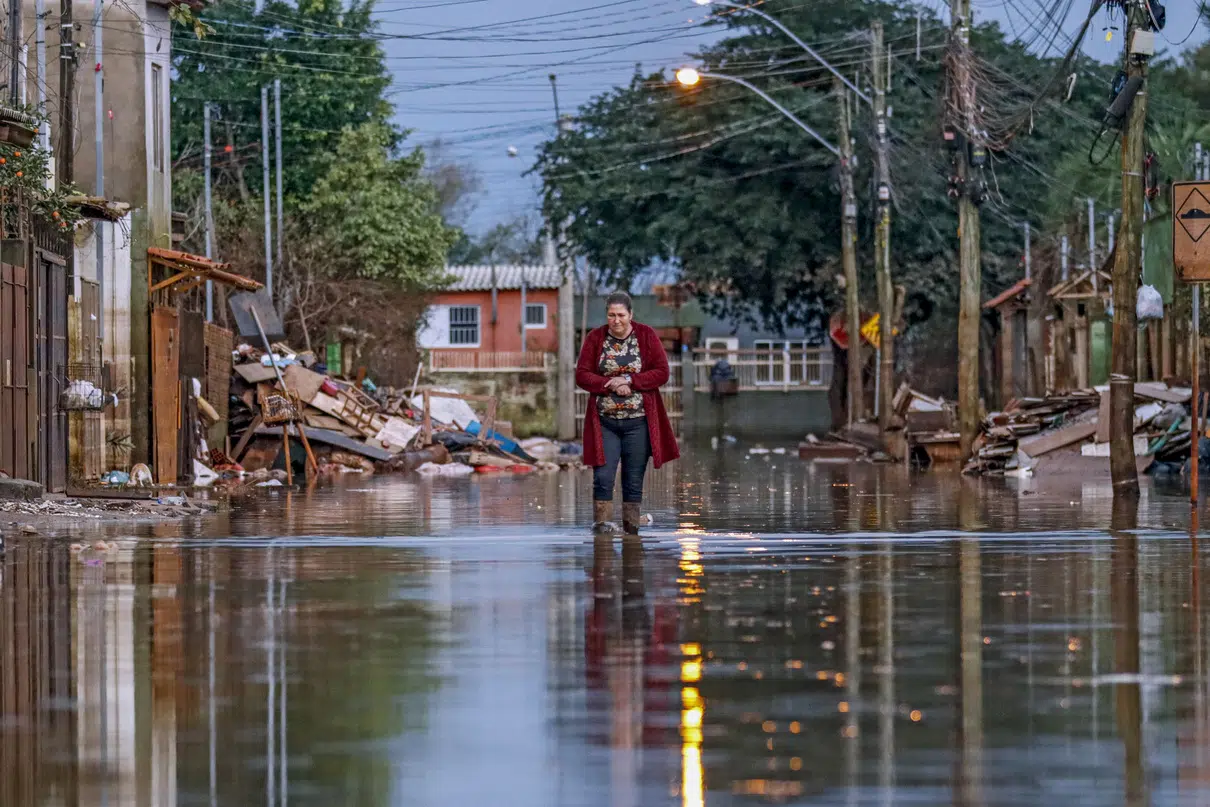The extreme weather events that occurred in Latin America during 2024 left a deep mark on the region.
In Chile, the forest fires caused over 130 deaths, becoming the worst disaster since the 2010 earthquake. In Brazil, torrential rains flooded entire cities, affecting 2.4 million people.
In Paraguay, the eponymous river reached its lowest level in six decades, while Venezuela lost its last glacier. And in the Caribbean, the category 5 hurricane Beryl hit Grenada, setting a historic record in the Atlantic.
High citizen concern: over 85% fear climate impacts in less than 25 years
The perception of risk due to extreme climate changes in Latin America is driven by emotions rather than ideologies.
According to a survey published in the scientific journal Nature Communications, over 88% of Latin Americans believe that the consequences of climate change will be serious, and 85% believe they will occur in less than 25 years.
The study collected responses from 5338 people from Argentina, Brazil, Colombia, Chile, Ecuador, Peru, and Mexico, countries that account for over 80% of the region’s carbon emissions.
 Forest fire in Epuyén. (Photo: Matías Garay- Greenpeace).
Forest fire in Epuyén. (Photo: Matías Garay- Greenpeace).
What drives the perception of climate risk in the region?
Researchers conclude that in Latin America, the perception of climate risk is more influenced by emotions such as concern and vulnerability than by political stances.
This pattern contrasts with what is observed in countries like United States or Western Europe, where partisan ideology often determines the stance on climate change.
“Political polarization has not yet contaminated the climate agenda in Latin America,” says Guilherme Fasolin, a doctoral student in Political Science at Vanderbilt University and lead author of the study.
Brazil: an intermediate case between ideology and scientific consensus
In Brazil, political ideology shows some influence on the perception of climate change, especially during the government of Jair Bolsonaro (2019–2022).
However, according to a survey by the Institute of Technology and Society (ITS), 85% of left-wing Brazilians believe that most scientists support global warming, compared to 68% of right-wing Brazilians.
“Trust in science and concern for the climate remain predominant in all social groups,” says Renata Guedes, a researcher at ITS.
Keys to communicate climate risk in Latin America
The study proposes communication strategies adapted to the Latin American context:
Decentralize messages and avoid focusing exclusively on environmental niches
Convey shared values that connect with local experiences
Promote cross-cutting climate education at all levels
Highlight scientific consensus through reliable spokespersons and “climate influencers”
Use accessible language and regional references to connect with diverse audiences
“The climate agenda should be part of everyday conversations, not just specialized spaces,” concludes Guedes.
By Luiz Felipe Fernandes/SciDev.Net
